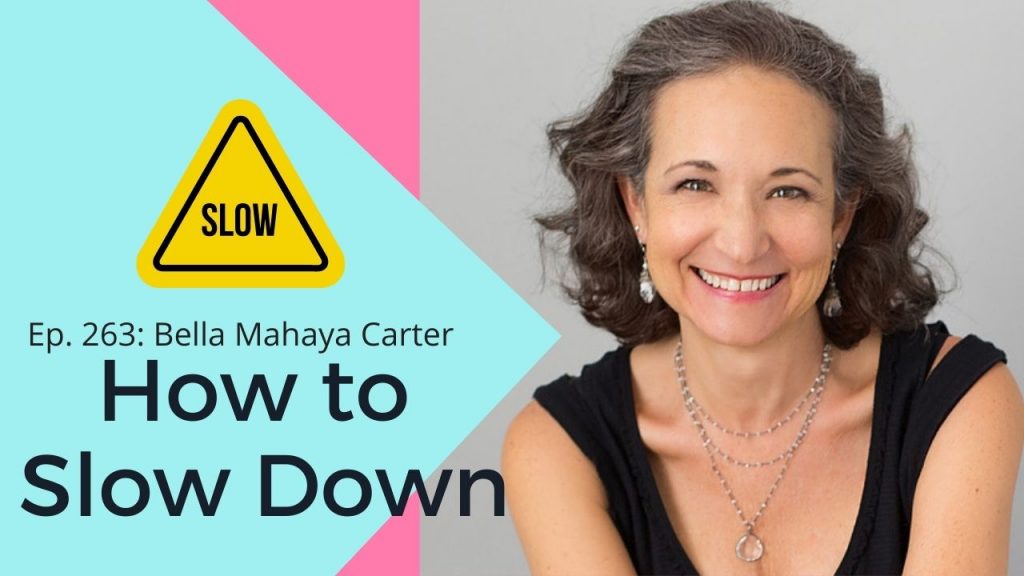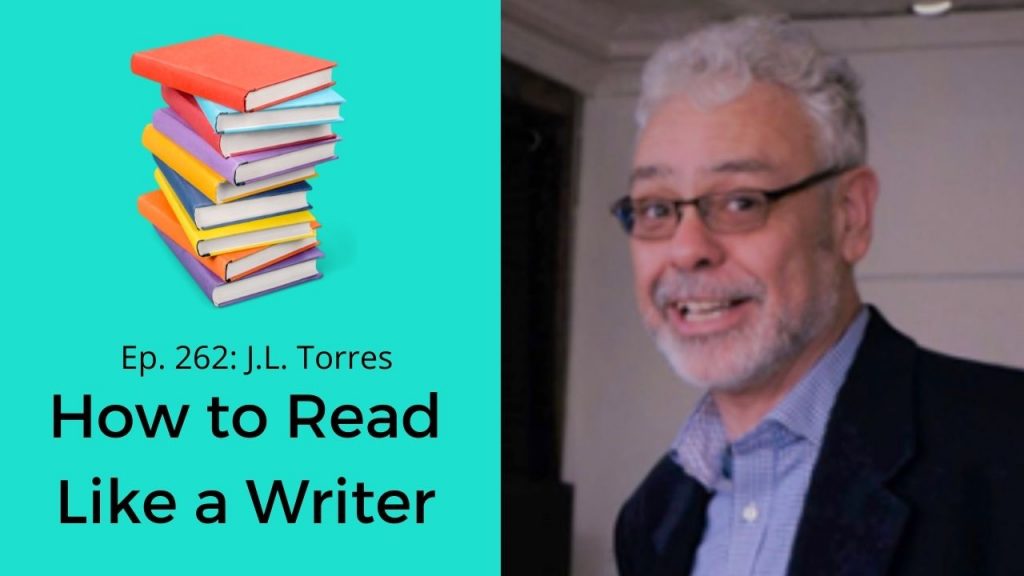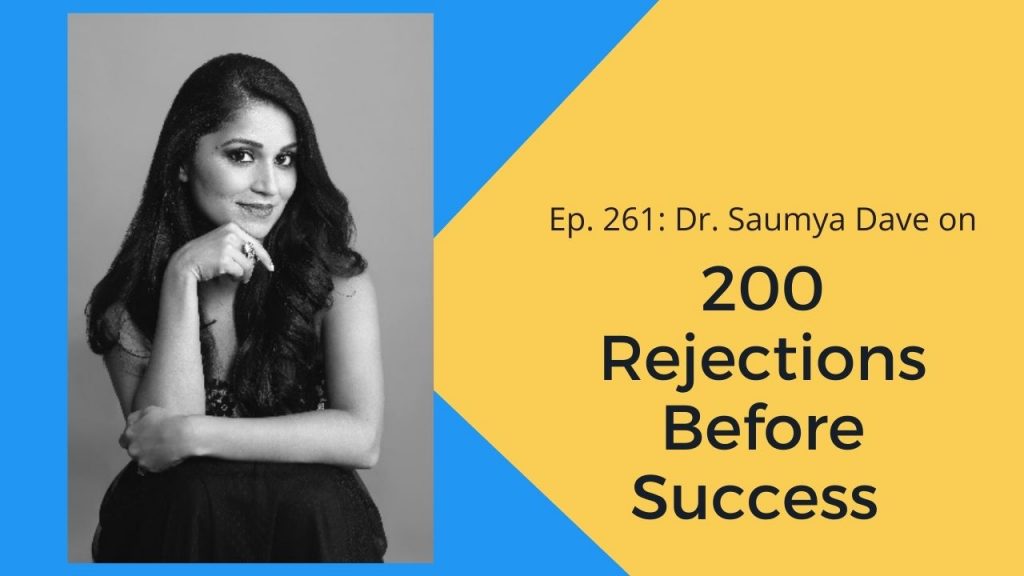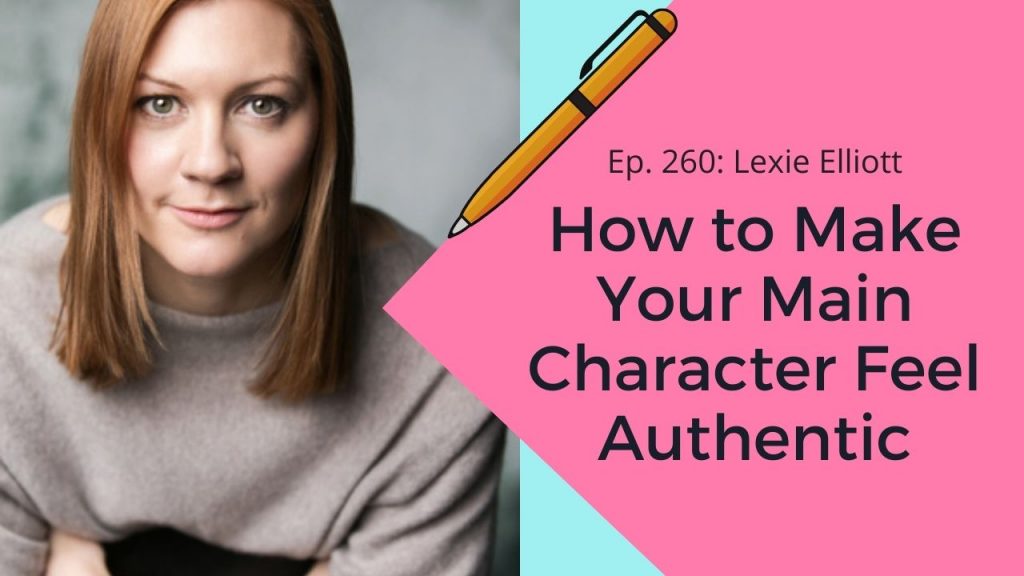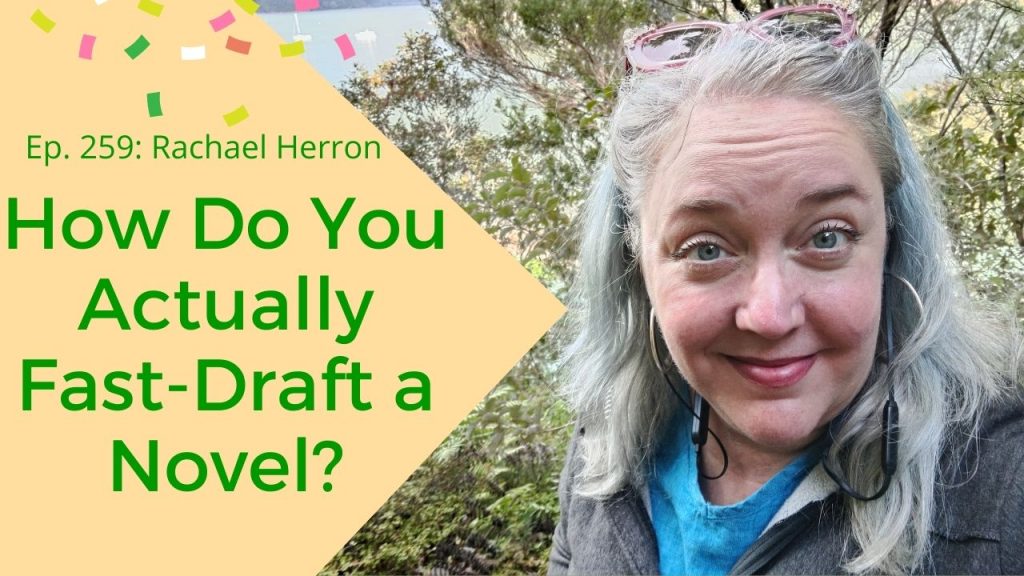Amber McBride is an English professor at the University of Virginia and holds an MFA in poetry from Emerson College. Her poetry has been published in several literary magazines including Ploughshares and The Rumpus. She lives in Charlottesville, Virginia with her dog, Shiloh. Me (Moth) is her young adult debut.
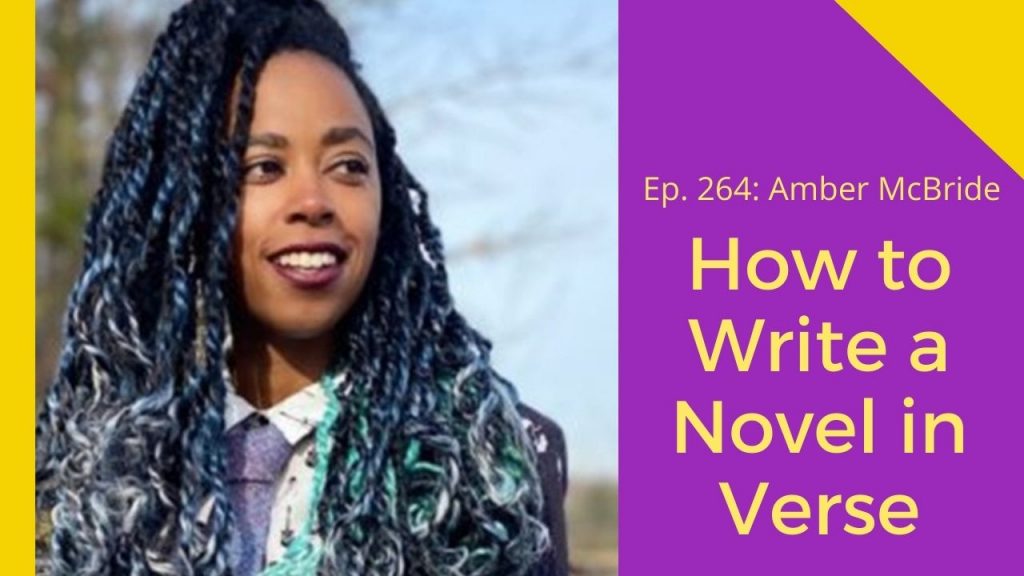
Transcript:
[00:00:00] Rachael Herron: Welcome to “How do you Write?” I’m your host, Rachael Herron. On this podcast, I talk to authors about how they write, what their process is and how their lives fit together. I’ll keep each episode short so you can get back to writing. [00:00:15] Well, Hello writers! Welcome to episode #264 of “How do you Write?” I’m Rachael Herron. And I’m so glad that you are here with me today, as I talked to the author of a book that I loved. I absolutely loved this and I filmed this recording way back because I’m quite ahead in schedule, which is an awesome problem to have. And I have been dying to tell you about it. It’s called Me Moth and I could not put it down. I could not put it down. It was incredible. It was gorgeous. And it is different. It is structured differently than any book I’ve read in a long time. It is a novel wrote in poem form and it works. It is magical. So you’re going to love the conversation that I have with Amber. [00:01:11] What’s going on around here? I’ll make it quick because I know I’m already late in uploading this podcast this week, because I was real tired yesterday. The biggest thing, well, I guess there’s one big work thing and one big life thing. Let’s do the life thing first because that’s really, really big. We got the house. We got the three-bedroom house to rent as the upper, as the upper floor of a large house on the side of a hill in Wellington that looks over the harbor. There are Harbor views from the living room, from the kitchen, from the dining room and from the bedroom. The main bedroom and the other two bedrooms don’t have views and that’s great. There’ll be offices. And it has a garden, a very neglected garden, which I will be able to plant flowers and vegetables, hearty things that can stand up to the wind of being on a Wellington hillside. So I’m going to learn about that. But, we move in, it is as I record this the 16th of October, 2021, and we will move in on November 1st. So just about two weeks from now, we will be able to unpack our things for the first time in five months. We will be able to put things in drawers and leave them there. We will be able to buy things. [00:02:35] My consumer tendency has really been quelled and that has felt pretty good. We haven’t bought anything except food because we have had no place to put it. Literally no place. I couldn’t have fit an extra playing card into my luggage that we’ve been carting around. That is a total lie. Now that I say it out loud, because if I turned my head to the right here, I can look up 12 books that I’ve bought. I think that’s all the books I bought since we’ve gotten here. Oh, that can’t be true. It’s got to be, but no, I can think of where a couple more. I am an inveterate book buyer and I will never stop and those just get shoved in the car, where they fit, that will fit in there somewhere, but otherwise we have not been buying anything. [00:03:17] So I’m moving into this house. We really won’t have to buy big stuff, honestly. I think I mentioned it, but this house comes furnished because the people that were taking the lease over from are moving out of the country and they had to get rid of everything. And instead of getting rid of everything one by one, we offered to buy it all because we have nothing. So we bought all their furniture, their outdoor furniture, their barbecue, their kitchen appliances. And it’s feeling like this really exciting grab bag that we have bought. We’re going to go on November 1st and we’re going to start opening drawers and find out what we own. We’re going to say, oh, this is what our towels look like. Oh, these are our sheets. Oh, this is where the couch is comfortable and where it is uncomfortable. And that is so exciting. It’s so exciting. Also exciting is the news that we have, apparently our stuff is in Wellington somewhere. Out of customs, these are the 70 or so small boxes that we shipped over. I don’t, I’m having a real hard time thinking about them. [00:04:20] I don’t need a thing. I have everything I need right here, except most of my boxes, hold unread books. So that’ll be good. I’ll have a little library coming. But I know that I shipped over a bunch of clothes that I don’t need. I have enough clothes right now for about 10 to 12 days without doing laundry. And every place we’ve stayed has had laundry. So you do laundry once a week. I don’t need any extra clothes. I love my clothes. I have t-shirts when I’m writing, t-shirts and yoga pants. And if I leave the house, I wear linen and that’s, that’s it. That’s all I need. The layers have been adequate for the low temperatures and the warmer temperatures that we’re moving into as we move through spring here. We have just entered peony season and if you’re watching on the YouTube, I will just do you a favor. Look, this is as big as my head, you guys. You should really come over. This is, it’s a peony. It’s incredible. It’s pink and huge and as big as my head, open right now, it’s anyway, loving spring, loving Wellington, super excited. [00:05:26] In terms of what’s going on with work, my assistant, Ed, he’s in episode 200 if you want to go hear him speak. He’s the most amazing. He’s also really good at getting Book Bubs. And so he got me a Book bub ad for the fourth book and the Cypress Hollow series. It’s called Cora’s heart. I have not owned the first three books in that series. So whenever we would get a BookBub for Cora’s Heart, we would try to push them on into another series, or to the fifth book in the series and then to another series. A Book bub ad is basically when you set your book to very cheap or free in order to give it away as a lost leader to get people interested in you to read a whole series. What’s really exciting is that I got the rights back for all three, all five of the books in America. I only owned two of them in America and all five of the books in the series from Australia who owned them all, Harper-Collins did, I think, or Random House. I can’t remember. It doesn’t matter. I have all the rights back now. However, Harper-Collins in the states, when I got my rights back, they were super proactive. And they pulled down their eBooks, as they should have. [00:06:36] So right now on, also on November 1st, there’s going to be a BookBub for Cora’s Heart, which is book four in a series and books one through three do not currently exist. So suddenly, I am pulling up those old books, making new covers, choosing new titles, uploading them with Ed’s help, who is doing all the heavy lifting. But here’s the big problem. Books one through three were copy edited in the stone ages. I know I mentioned this in a previous episode. They would mail you the pages and you would mail them back when you were done. They were hard copy, copy edits. So I do not own them. I never got the final file. That was not a thing that they gave to authors. In fact, I wouldn’t be surprised if they kept, you know, if they purposely didn’t give that copy edited file to the authors. So what I’m having to do is to go through the books, through these three books, superfast, bring them up to, I’m a better writer now. And so make them a little bit better and make them a little bit cleaner, which has been really fun, but I have to go fast and I will not have time to get them professionally copy edited before I need to put them up. To have them available for people to buy when they want to read books one through three, which they will. Readers fly through series. So I want this up there. This is an advanced dance move and I do not recommend it. I am not happy with this choice that I am making, but it is the choice that I need to make in order to publish these books quickly. [00:08:13] What will happen then is, so the first book, let’s talk about Cypress Hollow one. I have done my edit of it. I am now going to send it to my copy editor. My copy editor will have it for whatever amount of time she needs and then she’ll send it back to me. I’ll accept her changes. And then I will hire a proofer, who will go over it because tiny errors even slipped through a copy edit. So then you hire a proofer and then you can feel pretty comfortable. You can put it up online. It’s good. I’m skipping that at first. I have done my own edit/revision on it. I’m not doing a proof. I put it instead through pro writing aid, which is a tool I really like, and it catches a lot of typos and it does not catch all of them by any means. In doing the revision, I’m sure I have added some typos. And, but after that, that is the, that’s the file we’re going to upload and that’s the file people will buy. [00:09:09] Hopefully, there aren’t too many typos. Hopefully, I don’t get bad reviews immediately that say this is badly edited, typo written. But, I’m not going to trip on it too hard because it still will be copyedited, it still would be proofed. I will be able to re-upload the file because I am self-publishing it, which is so cool. And I can change the file at any time. And then every book moving forward, after I get those done, it’ll be a good, strong, mostly typo-free book, all books have a typo or two. But it’ll be mostly typo-free, by the time I re-upload it. If, for example, I got a hundred reviews, one star reviews says, this is the worst edited book I’ve ever read in my whole life, I will take down that book and I will re-upload it with a new ISBN, and start from scratch. [00:10:01] I’m starting from scratch anyway, with zero reviews, et cetera. So, if that happens, I hope it doesn’t. I hope it’s clean enough. I hope these books are clean enough to pass muster. I write pretty clean anyway, but there are errors. But if that happens, I’ll take them down and restart. So, I’m having to move very, very quickly for the next two weeks, which is super fun for me anyway. And also, it’s good because I think I could have taken probably a couple of months to go through three, these three books and do all the work. And this is forcing me to do it fast. Just like, I just rereleased A Life in Stitches, the 10 year anniversary edition. I don’t want you to go run out and buy it because the audio book is not out yet. And you should probably get the audio book because I read it myself. But if you are interested in reading it with your eyeballs, it is out there. And I had to rush to do that because a knitting retreat wanted 120 copies of it and it needed to get in the mail. So I needed to finish all the uploading. So these books that I have gotten the rights back on, I am being pushed to do them fast. And that is good because I could take forever. [00:11:10] Speaking of that, I just did a little video which you might like, and I will make sure this is, this video is live by the time this podcast is live, go to rachaelherron.com/felt, F-E-L-T as in, I felt silly. And I just recorded four minutes of me doing a lightning round through an old manuscript when I still used words like felt and realized, those words, there’s a bunch of them. But for me, I kind of, my crutch words are felt and realized, especially in the old days, in my early writing. Now they just don’t come out. I don’t write felt or realized for the most part. What felt does, and what realized does is it gives a layer of distance from the character. And when you remove those words, you make the sentences they are in less passive and more active and more voicey. So if you want to see an example of me doing that and kind of talking my way through it, go to rachaelherron.com/felt. This is a micro revision. I will just warn you. This is something that you do at the very last minute, literally before you send it off to your agent or your editor, or right before or before you send it to your copy editor. But it can be a strong change to make. So if that’s something that’s fun for you, come check that video out. That’ll be up on the YouTubes. [00:12:41] Otherwise, let’s jump into the interview with Amber McBride. It was so awesome to talk to her, so exciting and, you should get the book because it is incredible. All right, my friends, happy writing, and we’ll talk soon! [00:12:57] This episode is brought to you by my book, Fast Draft Your Memoir, write your life story in 45 hours, which is by the way, totally doable. And I tell you how. It’s the same class I teach in the continuing studies program at Stanford each year. And I’ll let you in on a secret, even if you have no interest in writing a memoir yet, the book has everything I’ve ever learned about the process of writing and of revision and of story structure, and of just doing this thing that’s so hard and yet all we want to do. Pick it up today. [00:13:30] Rachael Herron: Okay. Well, I could not be more pleased to have on the show, Amber McBride. Hello, Amber! Welcome. [00:13:35] Amber McBride: Hi! How are you? [00:13:36] Rachael Herron: I am so excited to talk to you because I loved, loved your book. Let me give you a little bit of a bio here. Amber McBride is an English professor at the University of Virginia and holds an MFA in poetry from Emerson College. Her poetry has been published in several literary magazines including Ploughshares and The Rumpus. She lives in Charlottesville, Virginia with her dog, Shiloh. Me (Moth) is her young adult debut. So we are recording this way in the past. We’re recording this on June 24th and it probably won’t come out for a while because I’m pretty backed up and podcast episodes. When does the book come out? [00:14:13] Amber McBride: It comes out on August 17th. [00:14:15] Rachael Herron: Okay. So it’ll be after. We have time. How, but let’s talk about real quick right now. How are you feeling about leading up to the launch of this book? [00:14:25] Amber McBride: I, it’s amazing. It’s overwhelming. I think every writer says that their first book is, it’s surreal. Like you’re experiencing all the steps, but you’re like, is this real? I’ve dreamt of this, but is it? So I feel like I have a lot of those moments. When Moth was part of Indies introduced, I really was like, I don’t even know. Cause I would always look at the Indies introduced titles. So like it’s just been surreal and amazing and the amount of support with everyone, specifically because of the times we’re living in right now, for so many, 2020 and 2021 debuts has just been so great within the writing community. And it just like was very heartening to like, everyone’s just supporting each other. So it’s just been a wonderful experience. [00:15:09] Rachael Herron: And you are coming into it. Are you going to be able to have an in-person launch? [00:15:13] Amber McBride: As of right now, no. [00:15:16] Rachael Herron: It’s still all virtual? Yeah. [00:15:18] Amber McBride: It’s going to be virtual. I do think some, I’m going to have something at a local bookshop, but it’s not going to be my launch-launch, but I’m still excited. [00:15:25] Rachael Herron: I’m convinced that virtual launches now are the way to go. I had one from my last book a couple months ago and it is so awesome because people can come from anywhere. [00:15:33] Amber McBride: Exactly. And that’s the thing is like one thing, one wonderful thing is we’ve all started using technology more. And the fact that, like you said, anybody can come, it’s nice to have a local one where your, all your friends are there, but they have like that access for like the world. It’s amazing! It’s amazing. [Read more…] about Ep. 264: Amber McBride on How to Write a Novel in Verse